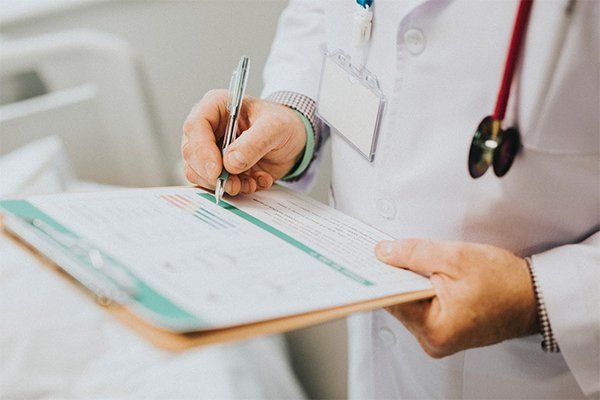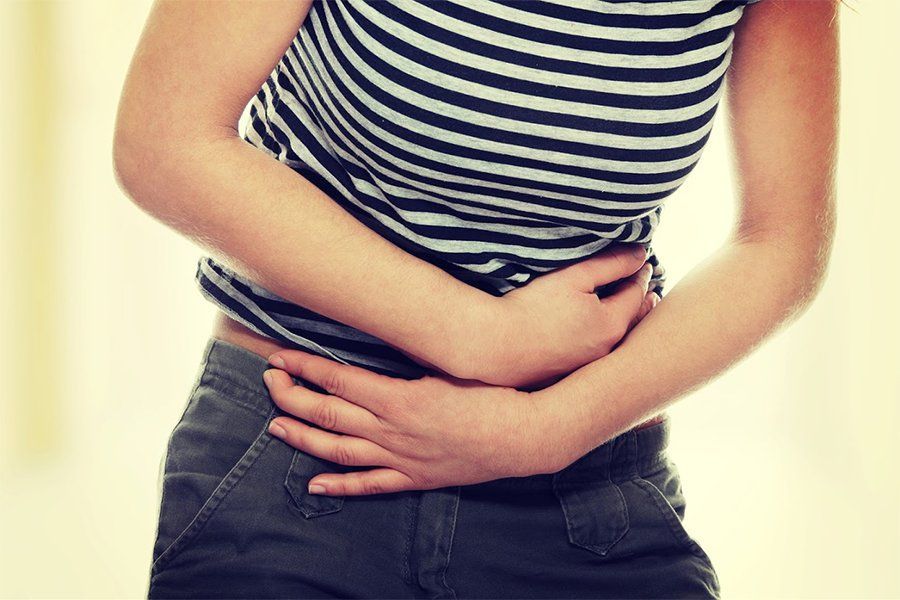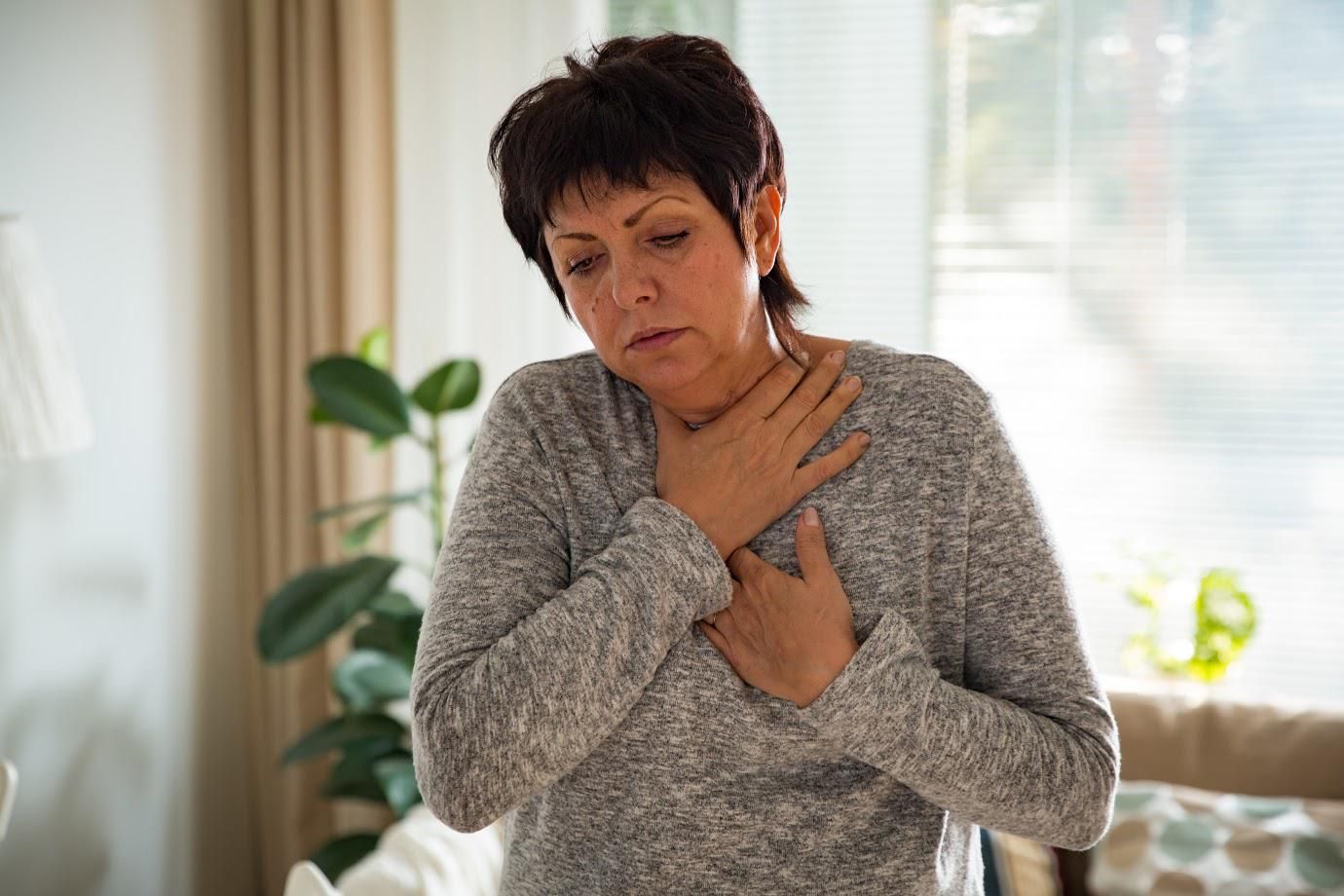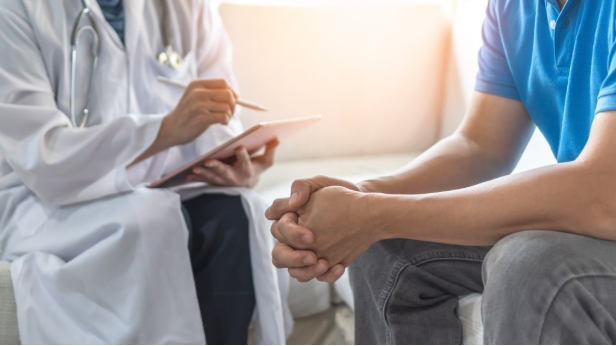Rectal Bleeding? Discover These 5 Possible Causes

Finding blood in your stool may be alarming, especially if you have no other symptoms. Blood in the stool, or rectal bleeding, may be from one of several factors, ranging from minor to very serious. If you notice blood in your stool, see your physician or gastroenterologist for a proper diagnosis. Meanwhile, you might want to be aware of the following non-cancerous causes of rectal bleeding.
1. Hemorrhoids
When veins in the lower rectum or anus swell, the condition is referred to as hemorrhoids. Internal hemorrhoids are located inside of the rectum, while external hemorrhoids develop outside of the anus. In any case, the swollen veins often lead to intense itching, swelling, and minor pain. In some cases, minor rectal bleeding or spots of blood might be in the stool.
In most cases, hemorrhoids are not considered to be serious and are easily treatable. You may treat your condition with over-the-counter creams or ointments. However, if your condition does not respond to home treatment, you might need an evaluation from your doctor.
If you have been diagnosed with hemorrhoids, you may be able to control your symptoms by keeping your weight in check if you are overweight and by avoiding constipation. Either of the above may worsen hemorrhoids.
2. Anal Fissure
When pressure is exerted, such as when straining to have a bowel movement, a small cut or tear around the anus may occur. Anal tears are known as fissures. An anal fissure may be painful and cause bleeding from the rectum and, consequently, may lead to blood in the stool. The pain and bleeding is often at its worse during a bowel movement.
If you believe your rectal bleeding is due to an anal fissure, your gastroenterologist can provide a positive diagnosis. The doctor may prescribe a high-fiber diet to provide extra bulk that will prevent constipation and straining.
3. Diverticulosis or Diverticulitis (Diverticular Disease)
Diverticulosis is a condition affecting the walls of the digestive tract. Diverticulosis occurs when the lining of the digestive tract forms small pockets. In some cases, individuals with diverticulosis may experience complications such as rectal bleeding or blood in the stool.
When inflammation or infection is present, the condition is known as diverticulitis. Diverticulosis and diverticulitis are both forms of diverticular disease.
If you believe you may have diverticulosis or diverticulitis, err on the side of caution. The best course of action is to schedule an appointment with a gastroenterologist. Once diagnosed with diverticular disease, your doctor may prescribe a treatment plan and best course of action to take.
4. Food Poisoning
You might not think of food poisoning as a cause of your bloody stool, but this is a possibility. While some cases of food poisoning are mild, other cases may be severe and cause more than frequent bouts of vomiting and diarrhea. Severe symptoms of food poisoning may cause a high fever and blood in the stool. When accompanied by dehydration, bloody stools may make you feel weak or dizzy.
If you experience any of the above symptoms, you should seek emergency medical treatment at once.
5. Peptic Ulcer
Sores in the lining of the stomach or intestinal tract are often referred to as peptic ulcers. If you develop a peptic ulcer due to certain medications or a bacterial infection, you may experience rectal bleeding or blood in the stool. See your doctor for a diagnosis and treatment plan.
In conclusion, if you experience any degree of rectal bleeding that is ongoing or recurrent, schedule an appointment with a gastrointestinal specialist. We will help you understand the cause of your rectal bleeding and your treatment options.

















